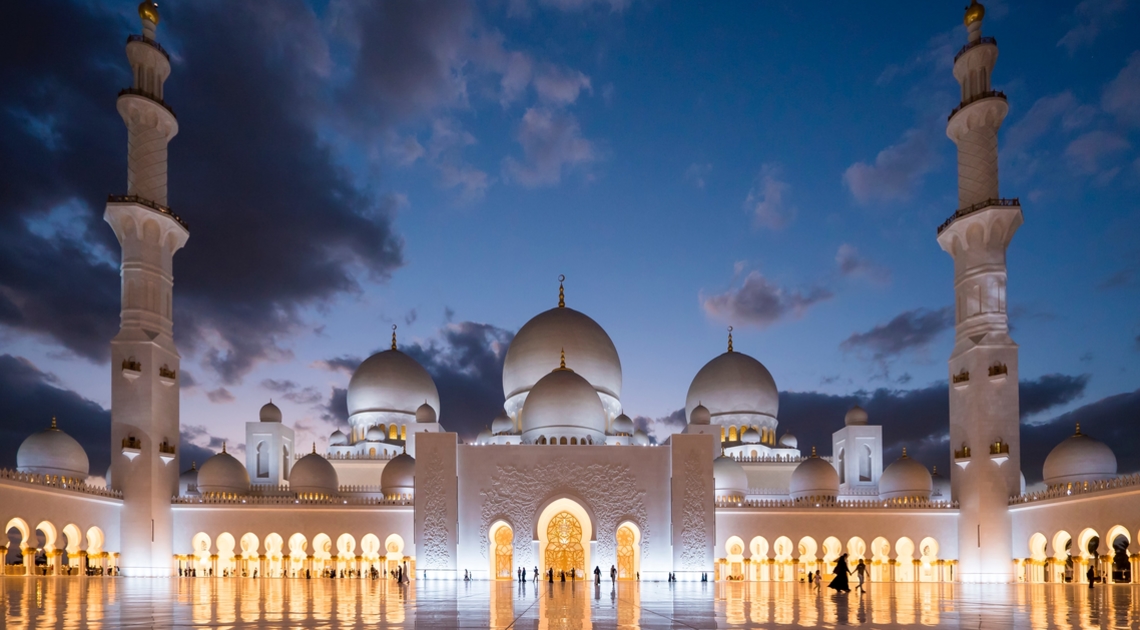
According to the Islamic calendar, Eid Al Adha falls on the 10th of Dhu Al Hijjah, which is understood to be the final month of the Islamic calendar.
“Wednesday 22 July will mark the beginning of Dhu Al Hijjah and Friday 31 July will be the first day of Eid Al Adha, according to astronomical calculations”
The day is estimated to be marked on the 31 July 2020, according to Ibrahim Al Jarwan, a respected member of the Arab Union for Astronomy and Space Sciences as he believes the phase of Dhul Hijjah should begin by the 22 July 2020. He reveals, “Wednesday 22 July will mark the beginning of Dhu Al Hijjah and Friday 31 July will be the first day of Eid Al Adha, according to astronomical calculations.” However, if the crescent moon is sighted on Monday night and Dhu Al Hijjah begins on Tuesday, Eid will instead fall on 30 July 30.
Furthermore, the final decisions of the date will be based on the UAE government’s consultation with local Islamic authorities, where the cycle of the moon is carefully monitored to indicate the initial and ending dates in the Hijri calendar.
The term Al Adha translates as ‘sacrifice’. The holy Quran describes a story of Prophet Ibrahim who dreamt about a test of faith, where he was asked to sacrifice his son. The constant reoccurrence of the dream, lead the prophet into committing to God’s will and so the Quran further describes that on the point of sacrifice, his son was replaced by a goat. The significance of this incident is now carried as a ritual of the religion and is celebrated every year, where muslims continue the sacrifice and spend the day with feasting with their loved ones.
As a norm, the day is to be celebrated with unity of loved ones, however due to COVID-19, restrictions are most likely to be held in order to limit the spread.
Authorities are still unsure if places of worship will be open by the end of July, but since Eid prayer is a custom and mandatory, it will be encouraged to be carried out at home.
Photo: Kevin Olson








